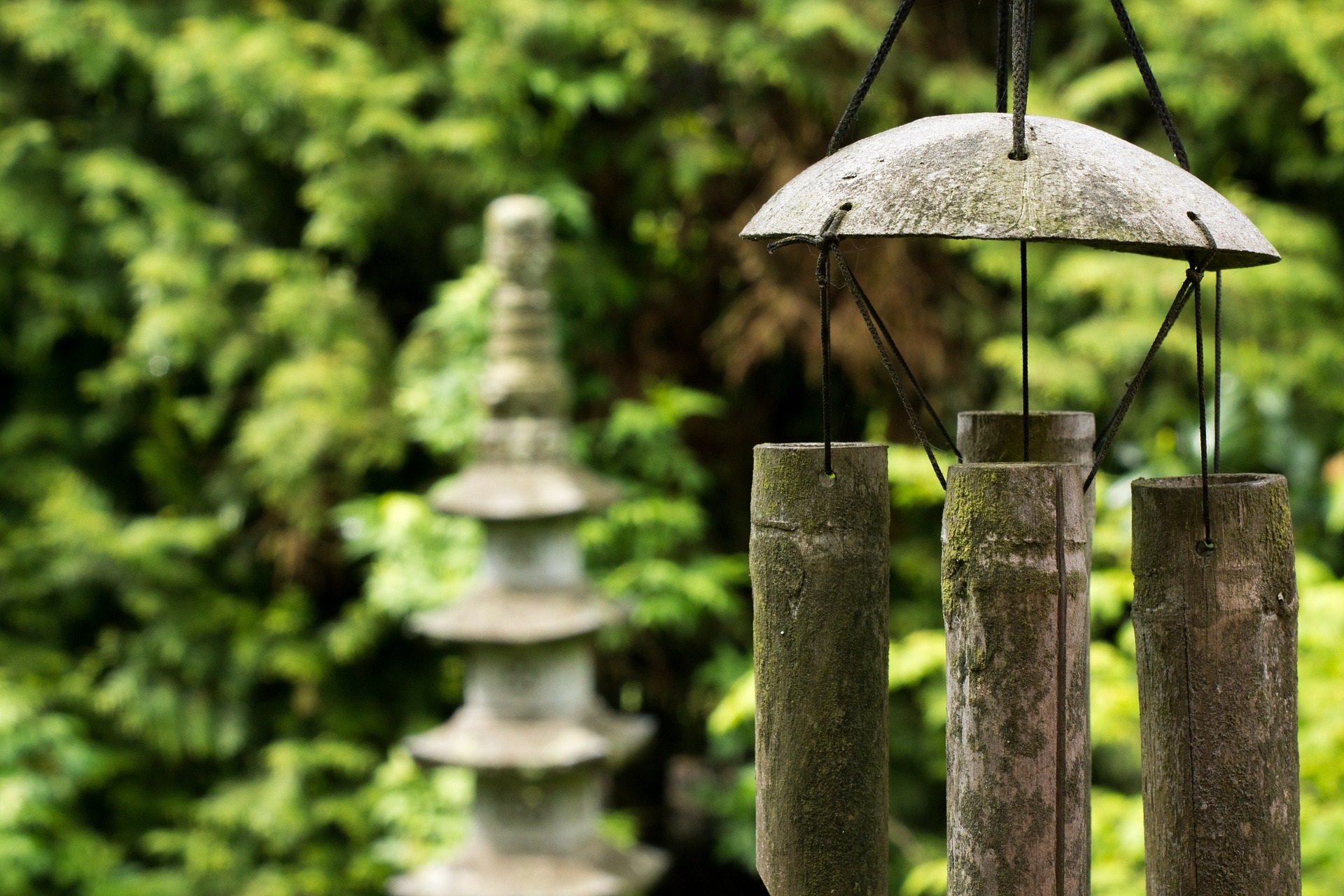While a concept that was virtually unknown in Canada only a few short decades ago, the term Feng Shui is an ancient Chinese philosophy that has today evolved into a mainstream industry. Most often associated with real estate and the livability of homes, Feng Shui is a term composed of two Chinese words: feng (wind) and shui (water). Chinese philosophy contends that these two natural elements freely flow, move, and circulate everywhere on Earth. For many these are also the two primary elements people require to remain alive.
The basic essence of these two life-giving elements create chi (life force). Feng Shui therefore is the art of designing environments that are in harmony with the flow of chi through a person’s living space which in turn supports and enhances one’s personal chi leading to an improvement in all areas of a person’s life.
Feng Shui studies how the placement of objects within a home affects the energy flow of both the living environment and a person’s physical being. Personal energy flow, the philosophy states, can impact how an individual thinks and acts in all areas of their lives including professionally. Proponents believe Feng Shui affects the individual every moment of the day — whether they are aware of it or not.
If the home a person lives in is in reality a reflection of their own personality, it’s easy to see how a congested and uncomfortable living space might negatively impact the attitudes and outlooks of the person living there. Feng Shui examines the things in a room, how those things are arranged and how the owner maintains their living space. Hoarders and shut-ins are not good candidates for an effective Feng Shui makeover. The main tenant of the philosophy is that everything has energy, even inanimate objects. Feng Shui simply takes steps to guide that energy by allowing it to flow freely through the home.
Here are a few Feng Shui friendly steps a person can take to ensure a more beneficial energy flow within a residence. For example practitioners believe a couch cannot be placed in the middle of a room, it must be located against a solid wall and ideally one that is the farthest from the home’s main door. But to prevent a blockage of energy caused by the sheer bulk of the couch leave a few inches of breathing space between the couch and the wall.
If for some reason the couch cannot be placed directly against a wall, put a console or hutch behind the couch, preferably one topped with lamps to brighten a room. Often a mirror will be placed opposite a couch to allow those resting on it to see who is behind them, which adds to a feeling of security.
Feng Shui is all about allowing for the easy flow of energy, without needlessly squandering it. Followers of the philosophy believe a large window opposite a front door will draw energy away from the home, so the use of blinds or drapes is recommended to prevent energy loss. Others believe that hanging a crystal in the window will also redirect the escaping energy back into the room. Energy can also get lost in dark spaces, so a bright, well lighted living room is much more positive than one with shadowy alcoves and dark corners.
In the dining room a key is to have a Goldilocks room, one that isn’t too big or too small, but one that is just right. If the table and chairs are too large for the room the users will feel confined and negative. If too small for the room they will feel (mainly subconsciously) intimidated and insignificant. The room has to be comfortable and large enough so that when you push your chair away from the table there’s still plenty of room for people to pass behind you.
In the bedroom, that place where you love and sleep and dream, it’s believed important to limit the amount of electrical appliances being used as electricity flow can impede natural energy movement. Practitioners say things such as computers, laptops and even telephones can prove negative in the bedroom and should be tuned off when going to sleep. Other bedroom tips include the use of soft indirect lighting, prevent clutter and never store things under your bed.
Feng Shui is a philosophy, and is therefore open to question and debate. However for many it has become a way of living both inside and outside of the home. Interested? Then perhaps you might want to undertake a little personal research to see how Feng Shui can make your home more comfortable.
Looking to purchase in the Nanaimo area contact us.







